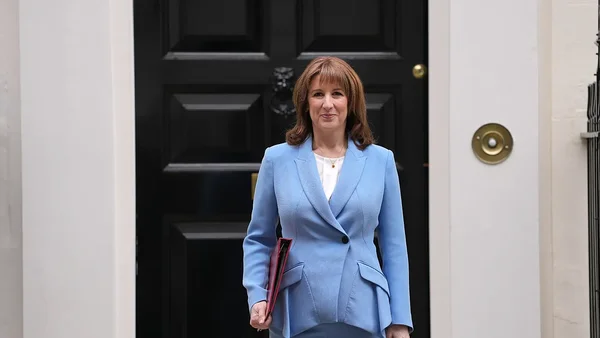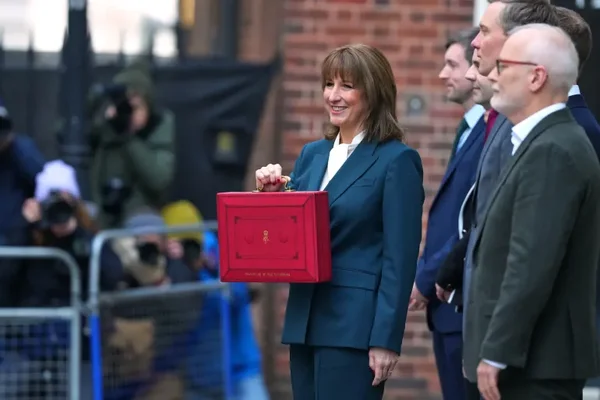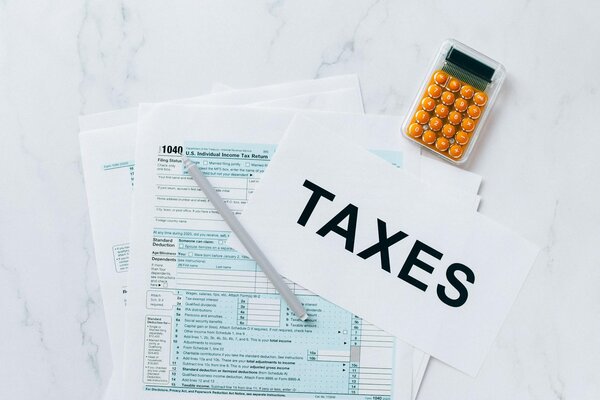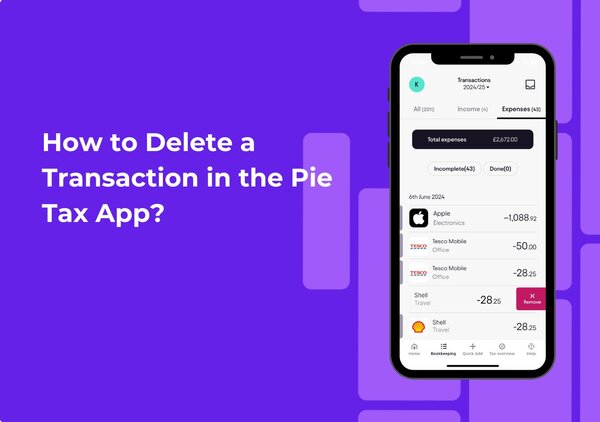
The UK government has confirmed a major shift in tax reporting requirements for small-scale earners and side hustlers. From the 2027/28 tax year, those earning up to £3,000 from trading or property income will no longer need to register for Self Assessment, provided they have no other reason to do so.
This new £3,000 Self Assessment threshold, not to be confused with the existing £1,000 tax-free trading allowance, was first outlined in the March 2024 Budget and formally confirmed in March 2025 by Exchequer Secretary James Murray MP.
Understanding the £1,000 Trading Allowance
The trading allowance, introduced in 2017, allows individuals to earn up to £1,000 in gross trading income tax-free, without having to report it to HMRC. This applies to earnings from:
- Freelancing or gig work
- Selling handmade or second-hand items online
- Running a hobby business or casual service (e.g., tutoring, pet care)
This £1,000 allowance remains unchanged and is separate from the newly announced £3,000 reporting threshold.
What’s Actually Changing And When?
Under the new policy coming in from April 2027 (the 2027/28 tax year), you will no longer be required to file a Self Assessment return if your income from trading or property is under £3,000, and you have no other reason to submit a tax return. Important distinction:
- You’ll still be taxable on anything above £1,000, unless your expenses are higher.
- But you won’t have to register for Self Assessment if your total is below £3,000 and you’re not otherwise required to file.
This measure is part of HMRC’s ongoing effort to simplify compliance, reduce paperwork, and ease pressure on taxpayers and their systems.
Why the Change Matters
Chancellor Jeremy Hunt described this move as “a modern, pro-growth step to simplify tax for millions of part-time and gig economy workers.” It tackles two key problems:
- Unnecessary tax returns from people with small amounts of income
- Administrative overload at HMRC
With more people earning small sums through platforms like Etsy, Vinted, Airbnb, and social media, this change reflects the reality of modern income streams.
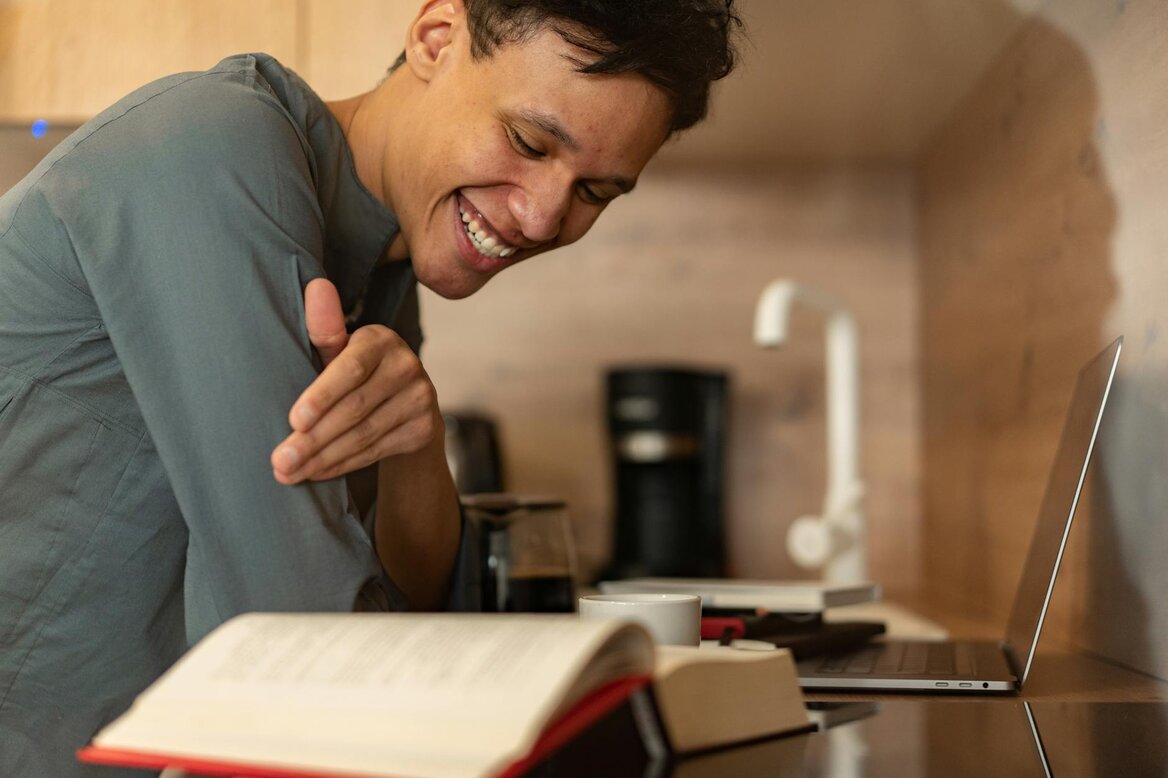
Examples of Who Will Benefit
- A student earning £1,800 per year by reselling clothes online
- A tutor making £2,000 annually from casual weekend lessons
- A hobbyist baker selling cakes locally for £2,500 per year
None of these individuals would need to file a tax return under the new rules, as long as they don’t have any other reportable income (like property, capital gains, or foreign income). However, if any of them exceed £1,000, they may still owe tax, and will need to pay it through a simplified online process, without full registration.
Digital Platforms Still Report Income
While reporting rules are relaxing, don’t assume this means HMRC isn’t watching. Platforms like Etsy, Airbnb, and YouTube are required to share income data with HMRC under international information-sharing agreements. So, even if you don’t file a return, HMRC could be aware of your income, and you’ll still need to stay within the £3,000 limit to avoid registration.

Conclusion
This update represents a real win for low-earning self-starters. From 2027, casual traders earning up to £3,000 will be freed from the burden of filing tax returns, a change that acknowledges the shift in how people earn in today’s economy.
But make no mistake: the £1,000 tax-free trading allowance is still the cut-off for paying tax. The £3,000 threshold only determines whether you need to file. As ever, clarity and good recordkeeping are essential. If you’re unsure where you fall or how this affects your own earnings, speak with a tax adviser, or give us a shout at Pie.
Frequently Asked Questions
Is the trading allowance increasing to £3,000?
The £1,000 trading allowance remains unchanged. What’s increasing is the Self Assessment threshold for low earners, from £1,000 to £3,000 starting 2027/28.
Do I need to pay tax if I earn less than £3,000?
Possibly. You still owe tax on income above £1,000 unless you can deduct allowable expenses. But you won’t need to register for Self Assessment if your total is below £3,000 and you have no other taxable income.
When does the new £3,000 threshold take effect?
Yes. If your trading income exceeds £3,000, you must register for Self Assessment and report your income, even if you qualify for partial tax relief.
Will digital platforms still report my income to HMRC?
Yes. Platforms like Airbnb, Etsy, and YouTube share data with HMRC, even if you don’t register for Self Assessment.
Can I still claim expenses if I earn under £3,000?
Only if you’re registered for Self Assessment. If you don’t register (because your income is below the threshold), you can’t deduct expenses. But you can use the trading allowance instead.




